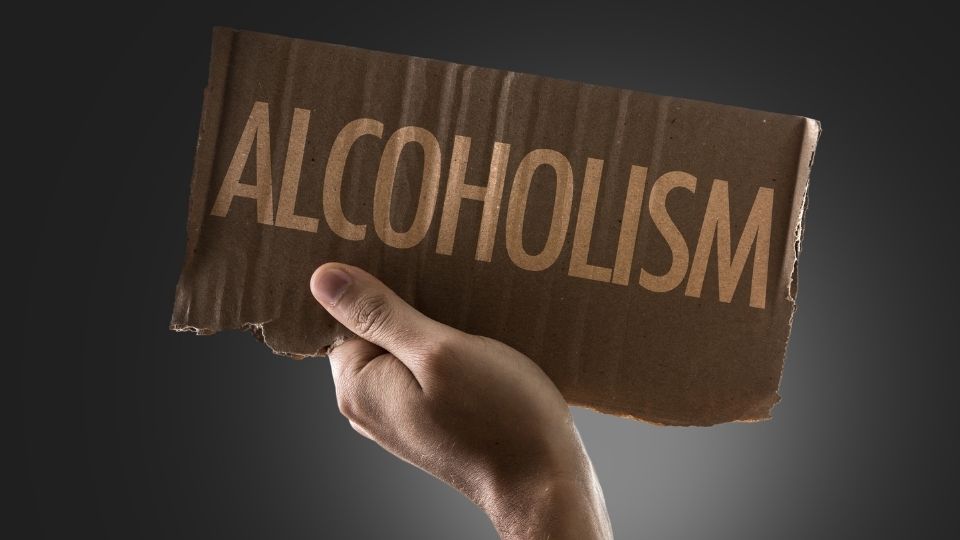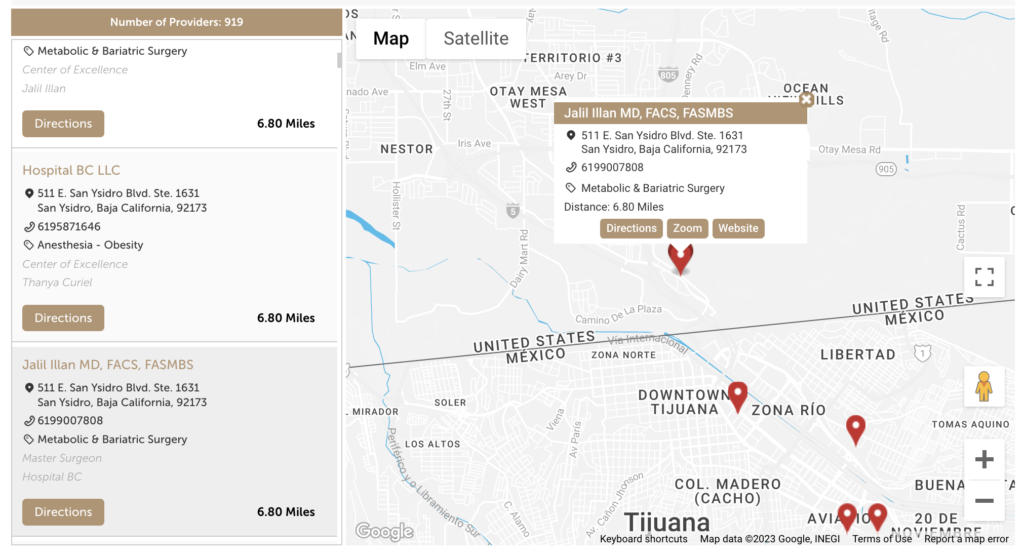Roughly 40 percent of Americans meet the diagnostic criteria for obesity. For many of these individuals, their weight is a serious threat to their health and wellbeing. As a result, gastric bypass in Tijuana is in high demand.
Unfortunately, this surgery can also change the patient’s relationship with alcohol. While about 12 percent of Americans suffer from alcoholism, not all people who end up with alcohol use disorder after surgery had it prior to their procedure. Let’s take a look at why people are at a greater risk when drinking alcohol after surgery.
Gastric Bypass Changes the Digestive Tract
Most people already understand that bariatric surgeries make changes to the stomach, but what they don’t realize is that, depending on the type of surgery, it makes larger changes to the digestive tract as a whole.
When you get gastric bypass in Tijuana, your stomach is divided into two sections—a small upper portion and a larger lower portion. The lower portion is sealed shut, leaving just the very small pouch to process food. Then, the small intestine is rerouted, attaching the mid portion to the smaller stomach and placing the upper portion on the “extra” stomach. This part of the intestine is then rerouted to the middle portion, completely changing the way nutrients and calories are absorbed.
The Relationship With Alcohol After Surgery
After gastric bypass, the body becomes more sensitive to the effects of alcohol. While this can happen with other bariatric surgeries, it is most pronounced with gastric bypass. Patients report that each drink they consume has double the effect it used to have and that these effects last twice as long.
On the surface, this isn’t a problem. You shouldn’t drink a lot of alcohol after surgery since it includes a lot of empty calories, but when you do, you could just consume half of what you would have before your procedure, accounting for these effects. However, in reality, it can be highly problematic.
The relationship between gastric bypass and alcohol is complex, with up to 20 percent of all people who get the surgery later developing alcohol use disorder. Compared to the general population, those who have undergone gastric bypass are roughly three times more likely to have a problematic relationship with alcohol.
But why is this? It is likely a combination of factors. First of all, those who receive gastric bypass are often the most obese of all bariatric patients, and these individuals likely had a form of food addiction. Once food is no longer an option for abuse, if the underlying mental health conditions are not treated, the patient will seek out a substitute—and alcohol fits the bill.
Additionally, studies on rats indicate that without previous evidence of additions, those who undergo gastric bypass naturally develop more of a “taste” for alcohol. This could be due to the way the procedure changes hormone production such as ghrelin, leptin, and dopamine.
If someone has an existing problematic relationship with alcohol, gastric bypass may not be the right procedure for weight loss. However, we are happy to discuss your options during your consultation.
To learn more about bariatric surgery, read: What Happens When You Overeat After Gastric Bypass?







